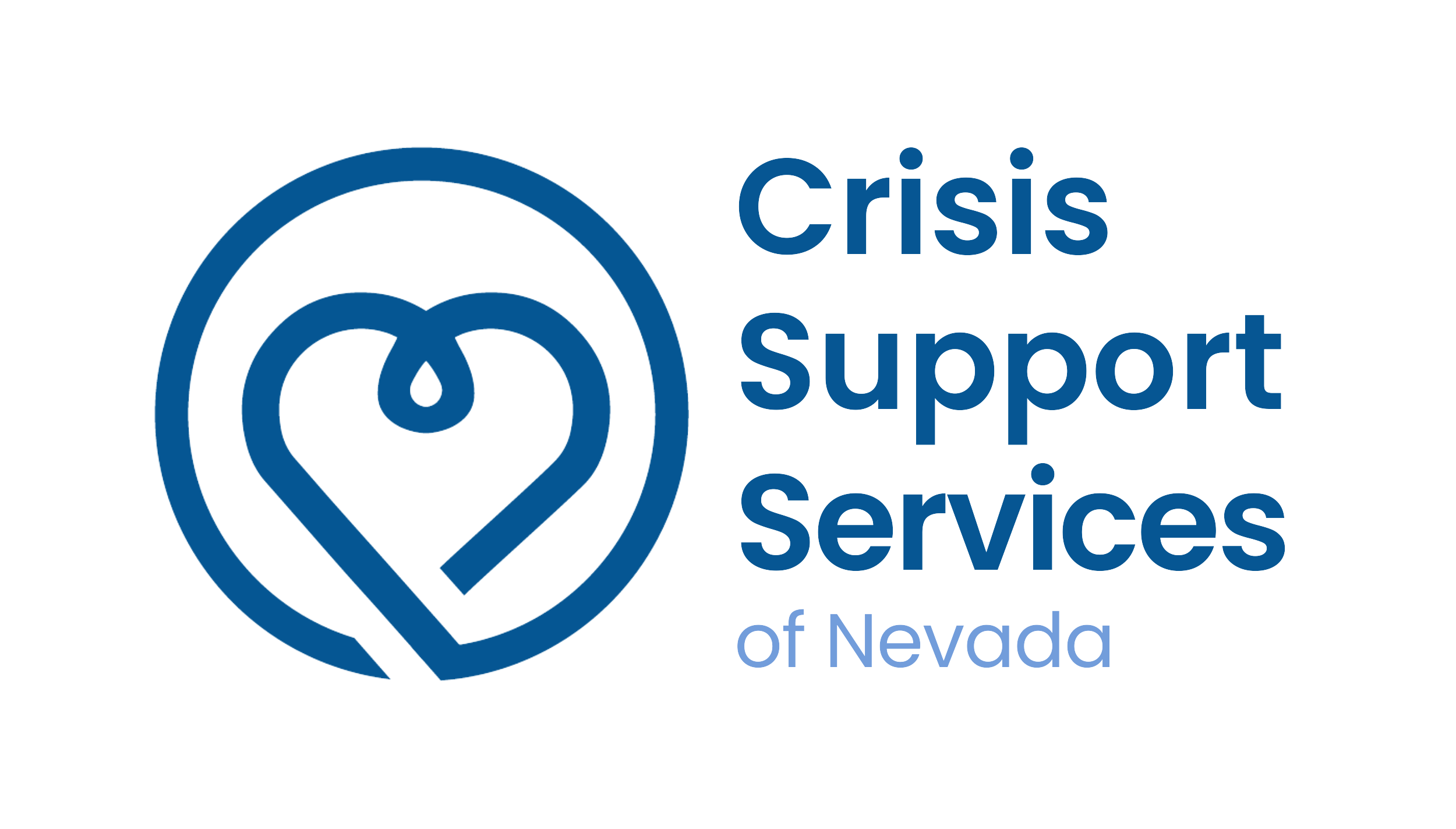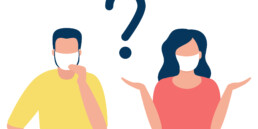Loss of a loved one to suicide is devastating. Read about Chey’s experience in her speech from the Crisis Support Services of Nevada 2nd Annual Compassion Through the Crisis breakfast held on September 27, 2018.
“I would never survive that. If I was in her position, I would never get up off the floor.” Those were the words I said in August of 2016 when I found out that my friend’s wife had committed suicide.
On Tuesday, February 28th, 2017 at 11:38 PM: my boyfriend of seven years, Vic, took his own life in our living room while I was upstairs. I wasn’t prepared. It seems like a strange thing to say, because who is ever really prepared for something like that, but I considered myself an exception to this rule.
Because I was the suicidal one. I was the one who had called the Crisis Support Services of NV (aka Crisis Call Center) two weeks before, desperate and crying because I didn’t know if I would live to see the next day or if I even wanted too. I was the one that had tried before, that was constantly beset by depression, that never had a handle on her emotions.
I was the risk, not Vic. When he died, I didn’t know how to handle it. Suicide, it seemed, had missed by one. The guilt from that was staggering. I tried to carry it, to find a way to make his death a part of my life that wouldn’t end it. This became much more difficult as time went on. When this happens in your life, you tend to lose people. As if tragedy is catching, as if by living everyone’s worst nightmare, you become less. As first my family and then my oldest friends withdrew the support I needed, I felt myself drowning. In the face of people’s anger and shame at what Vic had done, I was forgotten by the people I had always relied on before.
And then came the night when I almost followed his example. When I first had the thought that I should have gone with him that night instead of staying alive.
I have had the number for the Crisis Call Center in my phone since I was fifteen. It has been the pillar I have leaned on many times to overcome my own suicidal urges. The night when I thought that I couldn’t bear it anymore, I called again. I don’t know how long I stayed on the phone and I cannot remember the name of the woman that spoke to me that night, but it was thanks to her that I was still there the next morning, that I am still here to speak to you now. Because there was nothing but compassion and kindness in that phone call.
Her voice came through the phone and sat with me on the living room floor where he died and told me that it wasn’t my fault and that I wasn’t alone. She spoke to me of the future, she asked me questions about my life and the things I loved and didn’t want to give up. She asked what support system I had, reinforced how long the list was when I named the people that were carrying me through the most painful experience of my life. She reminded me how lucky I was that people I had barely known before Vic died had stepped in to keep me going.
It would not be hyperbole to say that I was on suicide watch the second the paramedics left with no sirens the night Vic died. Those who knew me best and had watched my previous struggles were under no illusions as to how this could go. The sad truth of loving someone who is suicidal is that no one can be with them 100 percent of the time. I have been told by many people that they greeted each morning with dread, waiting for the call that told them I was gone as well.
But the Crisis Call Center was always there. That first call became one of many as coping strategy after coping strategy failed me. When cutting made reappearance, when drinking got out of hand, when the lows were so bad that I could not even pick myself up off the floor, the Center was always there to fill the gap. I utilized the text feature while I was sitting at my desk at work, there were weeks where I called every night because it was dark and I missed him and it didn’t feel fair to wake up my friends and family yet again to listen to the same sob story. I found encouragement when I sought out therapy, support when I felt guilty about getting on medication, and genuine happiness for me when I spoke of how some things had gotten better. Those voices on my phone became another best friend to me, a safe haven when I didn’t know who to reach out to.
It is truly an honor to stand before you today and tell my story, because without the people we are here to celebrate, I wouldn’t be telling anyone anything. A close friend of mine works for the Center. Within hours of Vic’s death, she had personally reached out to me, sharing her own story, telling me what resources there were to help me cope. She told me something profound in one of our conversations: that when the operators hang up, they don’t know how the story ends and if they helped. I think about that every day. Every story I write, every book I read, every single moment of laughter and joy that I have is a gift, a gift I have thanks to the unquestioning support and availability of the people that love me. And I can honestly say that whenever I call the Crisis Call Center, it is love that I feel from the staff and volunteers who answer the phone. It is love on par with the love offered by the three people I asked to come with me today: a mom, a best friend, a big sister. That is how much this organization means to me, that I hold it equal with these three amazing people.
My story, after I hung up the phone, is a good one. I have found joy in my life again. I have moved out of Reno and started a new chapter. Because the Crisis Call Center was here for me to talk to I have made new friends, found a solid place to stand in a life that has never really been stable. They gave me a place to fall when I needed to without being lost. The Center’s number is still in my phone, it always will be. There will always be dark days, there will always be moments when I am lost and I need someone to instantly step in with a flashlight and show me the way. There is no cure for depression, it is something you must fight again and again, even when you don’t think you can anymore. Yet the compassion offered by this organization can make it easier to keep fighting when you want to give up. All that they do and all that they give is amazing. It takes an uncommon amount of compassion to open themselves up to people at their darkest times, it is not something just anyone can do.
The staff and volunteers at the Crisis Call Center are all heroes, however that story ends when you hang up the phone. In our darkest moments, they open their hearts to us. They hold out their hands and tell us that they are here, that they will always be here and that we do not have to face that blackness alone.
Do not ever think that you don’t make an impact. Thank you for every phone call, for every text message, for every day that you wake up and sit by those phones waiting for people like me to call you. It is a terrifying and lonely thing to realize that you want to die and that you don’t know if you can stop yourself from answering that urge. But having people like those that work and volunteer at the Crisis Call Center waiting to intercede when we can’t fight for ourselves anymore, can make that burden less. With the Crisis Call Center’s support, we can find our way through those moments to the lives that lay beyond those times of darkness.
Thank you, Chey, for sharing your story of loss, courage, and hope.
To support Survivors of Suicide Loss (SOSL), please donate. Your donation helps to support our SOSL Support Group, our 24/7/365 Crisis Hotlines, and our ongoing suicide prevention outreach efforts.
To show public support for survivors of suicide and for suicide prevention, participate in the Out of the Darkness Walk held annually each April at locations all around the United States. Click here to learn more and to register for the event near you.




